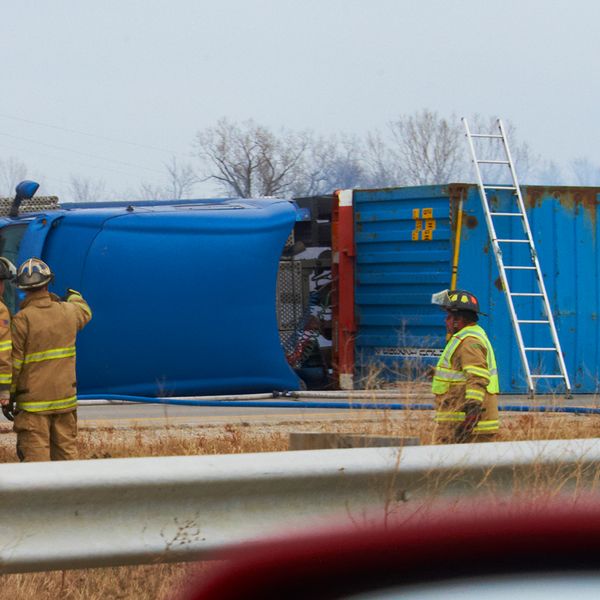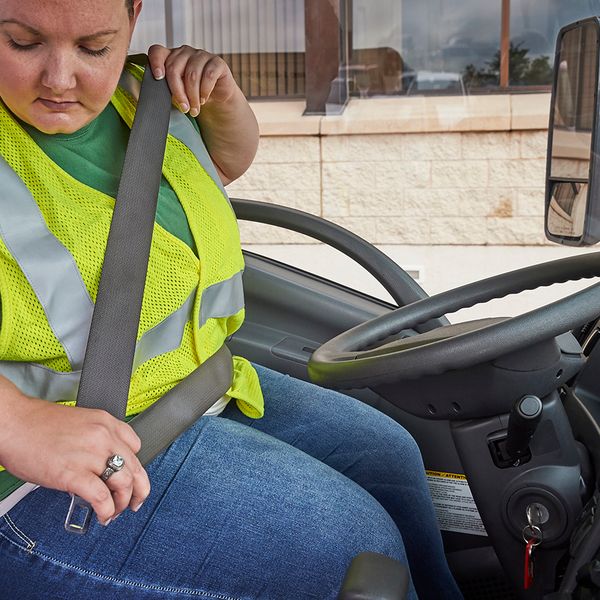Rid yourself of the safety concern, not the employee
Question: What is your company policy if a driver or other employee, reports a safety concern to you?
- Take steps to correct the situation.
- Discuss the situation with the driver, or the employee, and explain why the activity is safe.
- Tell the driver or employee to “Get back to work, or else!” Fire the driver or the employee immediately.
- Either 1 or 2.
The answer to this question can be found at the end of this article.
Much emphasis has recently been focused on employee safety and the relationship between employer and employee concerning coercion, harassment, and whistleblower protection. When an employer takes action against an employee for bringing a safety concern to the attention of management, the employee is well within his/her rights to file a whistleblower complaint against the carrier.
Carriers are prohibited from retaliating against an employee who raises various protected concerns or provides protected information to the carrier or to the government. When an employee raises concern about the condition of the vehicle and the employee is punished in some form, the carrier is left vulnerable for significant fines by the Occupational Safety and Health Administration (OSHA).
Due to a lack of concern for employee safety, many companies have been found guilty of multiple violations of the whistleblower protections and have been forced to pay out hundreds of thousands of dollars in back wages, damages, and attorneys’ fees.
Under OSHA’s methodology for a company’s lack of action or punishment of an employee for a safety concern, the carrier will likely have to pay:
- Full back wages to all employees involved from the date the action was taken to the date the case was settled.
- For any and all damages.
- The employees’ attorney fees.
- A direct fine.
Harassment of the driver should also be an area of concern for management with the advent of electronic logging devices and the whistleblower protection that accompanies this recordkeeping task for drivers.
The FMCSRs also have something to say on this matter
Consideration for employee safety and employee relations are also found in the Federal Motor Carrier Safety Regulations (FMCSRs), in 49 CFR 390.6. This rule is critical for all personnel, including the motor carrier’s management teams (dispatchers, supervisors, mechanics, etc.), shippers, receivers, and brokers — essentially anyone who comes into contact with a driver regarding the driver’s work assignment.
The rule states that no one may threaten a driver with future employment or business action in order to make the driver violate the safety regulations. Once the driver informs any of the personnel mentioned above that the vehicle cannot be operated without violating safety regulations, the coercion rules come into play, which also include whistleblower protection.
There are three areas where coercion complaints are likely to occur: drivers being asked to drive when they are ill or fatigued, when out of hours, or when the vehicle has a serious defect.
Under the Surface Transportation Assistance Act, an employer cannot punish an employee in any way for:
- Refusing to operate unsafe equipment;
- Bringing a safety concern to the company;
- Bringing a safety concern to a safety agency such as OSHA or the DOT; or
- Talking to investigators from a safety agency during an investigation.
In any of these situations, the driver’s comments should be acknowledged, and alternative solutions should be found to resolve the concern. This may include allowing the driver the appropriate amount of time to become ready for duty, or repairing the vehicle or replacing it with another vehicle ready for service. When handled in this manner, the driver cannot say that income was denied him/ her, or future earning opportunities were diminished because of the driver’s or vehicle’s safety situation.
If a driver complains about the condition of his/her vehicle or other unsafe working conditions, the carrier addresses the concern, and — most importantly — does not take action against the driver, then there is no coercion, harassment, or whistleblower issue.
Answer: 5. Either 1 or 2.






















































